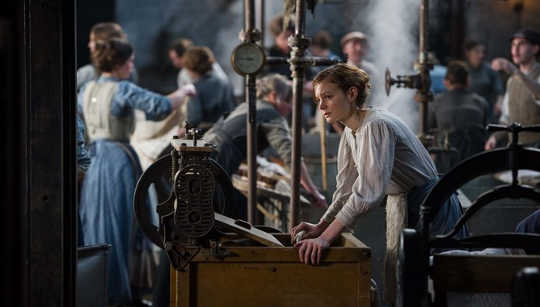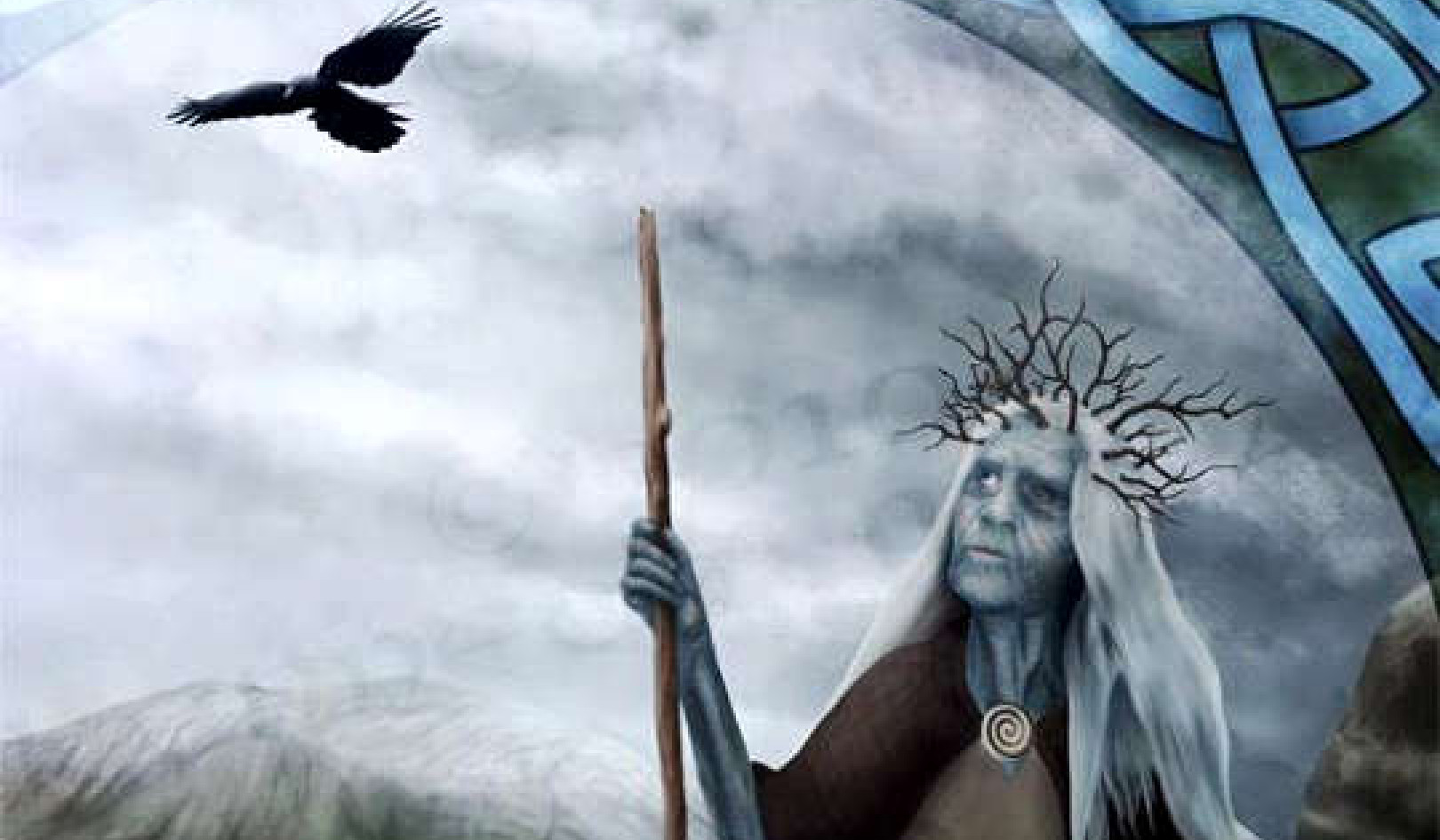I found the film Suffragette utterly stirring. This came as something of a surprise to me. The voluminous press coverage has been unanimous: the film’s uniqueness lies in its focus on working class women’s struggle for the vote. It’s true that this angle has been left largely unexplored in other cinematic representations, which have conventionally featured bourgeois heroines. And though this historical approach is long overdue, in my view the film’s uniqueness extends far beyond its laudable focus on the working class.
Both men and women viewers are led to sympathise with the protagonist Maud Watts (Carey Mulligan) – mother, wife and laundry worker – on her painful journey into critical, political consciousness. Through her experiences, the film exposes the underbelly of a patriarchal culture, which can respond with violence when its norms are challenged and resisted.
We are introduced to Maud through intimate snapshots of her family and work life. The mutual respect between her and her husband Sonny is palpable, as they share the chores and responsibilities of caring for their little boy in the one room where they eat, bathe and sleep. They both carry out back-breaking work in a laundry, where Maud has worked since she was a child, managed by a sexually predatory overseer. Political awareness and public engagement are as far removed from her life’s horizon as it is possible to imagine.
But that’s all set to change, against the historical backdrop of the activities and fortunes of The Women’s Social and Political Union (WSPU). Co-founded by Emmeline Pankhurst, the WPSU was the leading militant organisation campaigning for women’s suffrage in Great Britain. At the beginning, suffragettes’ tactics included disrupting meetings and staging demonstrations. But when these strategies proved futile, they eventually adopted violence in pursuit of their aims; smashing windows, committing arson and fire-bombing unoccupied buildings.
Bodies And The Body Politic
But it was the bodies of the suffragettes – and the brutality and violence rained down upon them – that exposed what kind of reaction a politically active and agitating woman evokes from the patriarchal body politic.
Up until 1918, women in the United Kingdom were denied the vote because they were allegedly too emotionally and intellectually fragile for the rigours and responsibilities of citizenship. This frailty was seen as endearing, and invoked the myth of women’s need for manly chivalrous protection.
Yet during this time, suffragettes were forcibly stripped in prison, force-fed, assaulted in public and their clothes torn, marched to prison with blood streaming because they had been charged by mounted police. So it was not so much the behaviour of the women that caused a public scandal, as that of the authorities.
The film recreates and re-imagines these scenes as the backdrop to Maud’s conversion to the militant cause. It shows the men in positions of authority wanting to “bring these bitches to their knees”. It presents the women as bold activists, who defy the prevailing myths about femininity to expose the hypocrisies and violence embedded within patriarchal culture.
The idea that women were deserting their rightful place in the home was one of the most powerful smears against the suffragettes. In the film, we witness the poisonous power of this notion through slow disintegration of Maud’s marriage. Her husband eventually rejects her and exercises his legal right to remove her son and put him up for adoption.
The ‘F’ Word
The film doesn’t cover all the complex historical aspects of the struggle for women’s suffrage. It isn’t an historical documentary, but a cinematic narrative, designed to stir the blood, about a failed attempt to tame women from all classes who dared to rise up and resist their society’s patriarchal norms.
{youtube}056FI2Pq9RY{/youtube}
The story is both of its time and timeless – an historical struggle whose lessons, sadly, still need to be learned. Although in most parts of the globe women can vote, righting the iniquity of the law has not been enough to achieve freedom. Today, patriarchal systems still impose themselves on women’s bodies, through everyday sexism, domestic violence, so-called “honour” killings, rape as a crime of war and peace, female genital mutilation, prostitution and pornography.
Suffragette is a passionate and inspiring film for a generation that has lived through alleged “post-feminism” – broadly, the notion that feminism had become irrelevant – but which is beginning to re-assess the ongoing need for feminist politics. The demands on feminists today are still great: almost 100 years after women in the UK were granted the right to vote, we are still struggling for equality against the vitriolic onslaught which the feminist fight has always seemed to provoke.
Today, pointing out that sexual violence is a gendered issue incurs the slur of “feminazi”, and one in five female tech journalists disguise their gender to avoid sexist abuse. In order to fight the good fight, we need to be aware that bringing injustices against women to the surface of public consciousness can incur wrath. In this sense, Maud’s story of the emotional and psychological costs of politicisation is the story of every woman.
About The Author
 Heather Brunskell-Evans, Research Associate, University of Leicester. She currently researches the relationship between medicine and the gendering of male and female bodies, and is developing a research base for PhD scholarship on sexology, the body and pornography.
Heather Brunskell-Evans, Research Associate, University of Leicester. She currently researches the relationship between medicine and the gendering of male and female bodies, and is developing a research base for PhD scholarship on sexology, the body and pornography.
This article was originally published on The Conversation. Read the original article.
Related Book:
at

Thanks for visiting InnerSelf.com, where there are 20,000+ life-altering articles promoting "New Attitudes and New Possibilities." All articles are translated into 30+ languages. Subscribe to InnerSelf Magazine, published weekly, and Marie T Russell's Daily Inspiration. InnerSelf Magazine has been published since 1985.

Thanks for visiting InnerSelf.com, where there are 20,000+ life-altering articles promoting "New Attitudes and New Possibilities." All articles are translated into 30+ languages. Subscribe to InnerSelf Magazine, published weekly, and Marie T Russell's Daily Inspiration. InnerSelf Magazine has been published since 1985.























